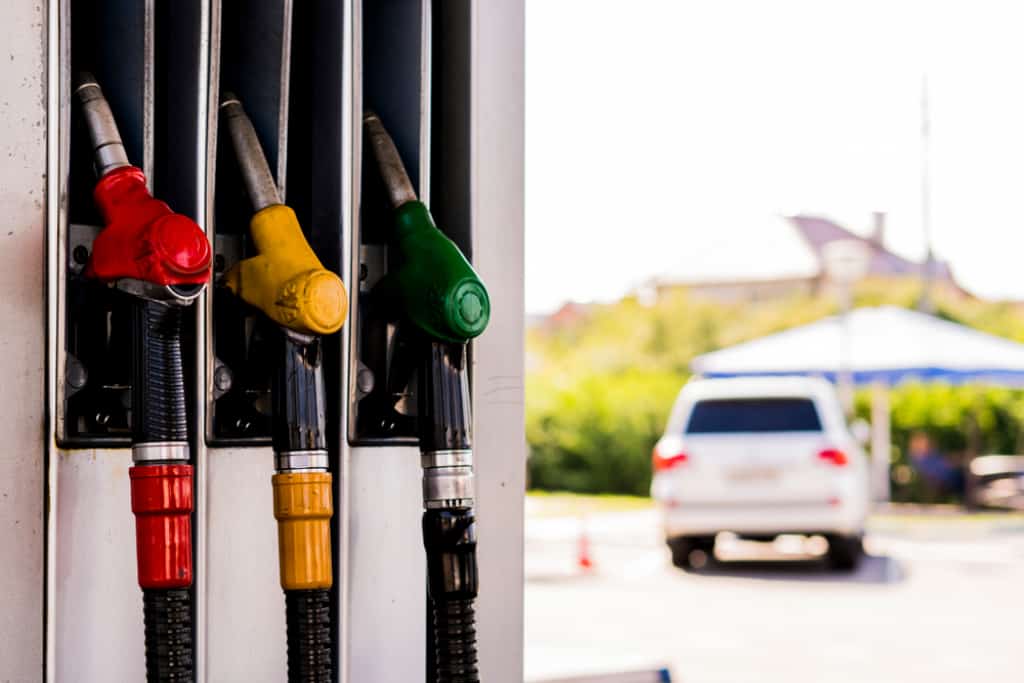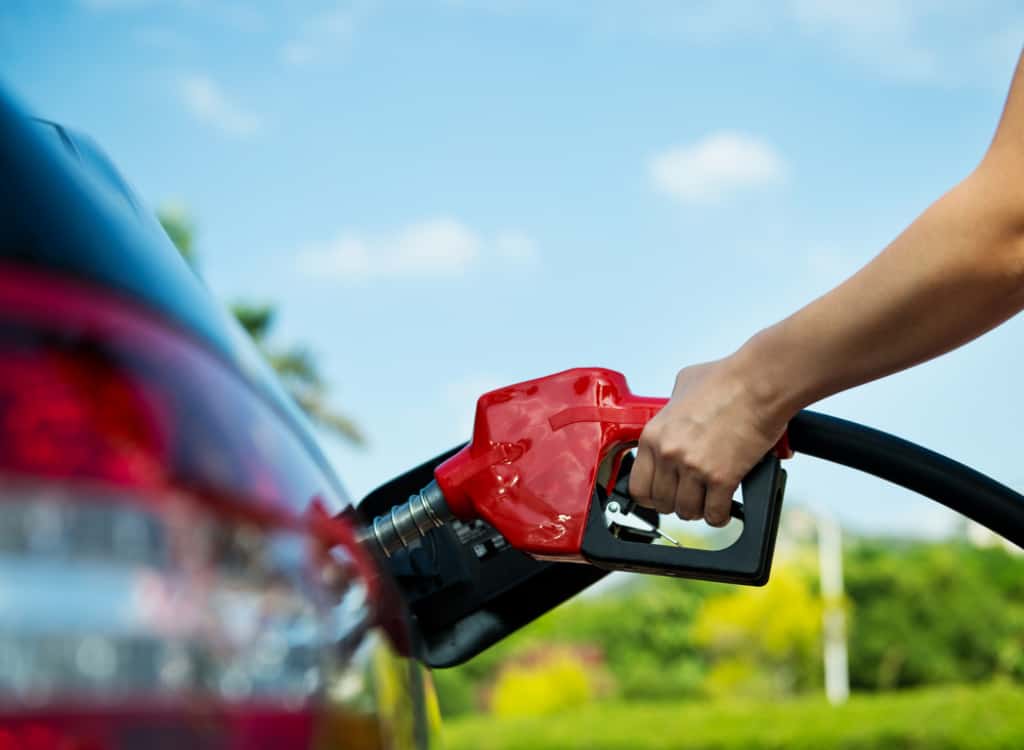The obvious one
Only ever put petrol in a petrol engine, and diesel in a diesel engine.
Getting these mixed up is probably harder than you think, but it can cause quite a bit of damage if you do get it wrong.
Putting petrol in a diesel engine is the worst of the two. Diesel doesn’t just power the car; it lubricates the fuel parts and engine components. It helps them run smoothly.
Petrol has the opposite effect. It dissolves the diesel, causing friction between – and damage to – components. Even just starting a diesel engine with petrol can result in an expensive engine repair job.
Diesel fuel nozzles are usually bigger than petrol nozzles. You might notice that a petrol pump is too loose in a diesel fuel cap. But you can also buy diesel fuel caps to fit your car – these stop petrol nozzles fitting into the wrong fuel tank.
Luckily, putting diesel in a petrol engine isn’t quite as bad. Diesel needs to be compressed to work – which a petrol engine can’t do properly. The engine could misfire and start to smoke, if it even starts at all.
Filling a petrol car with diesel isn’t that easy to do. Diesel nozzles are usually too wide for petrol caps, so you’d usually notice some resistance when you’re filling up.

The less obvious one
You’ve pulled up at the petrol station. There might only be one type of diesel available. But there’s usually two or three different types of petrol – at different prices. Which one do you need?
It’s all about octane…
Each petrol contains a different amount of octane – usually split into regular, mid-grade, and premium. Regular grade has the least amount of octane; premium has the most.
Basically, the amount of octane tells you how well the petrol can cope under compression.
Most car engines are designed to work fine with regular petrol, with a lower amount of octane. There’s almost no benefit to using premium petrol – it’ll just cost you more.
Higher octane petrol is designed to get maximum power from high-compression engines. So you might only need premium petrol if you have a performance car or a turbo engine. Using petrol with a low octane grade can impact your fuel economy if the engine needs premium fuel. You’ll probably get fewer miles out of the tank.
Your car manual will tell you which is the best petrol to use. But generally speaking, most normal petrol engines work perfectly fine with the cheaper, regular petrol.






